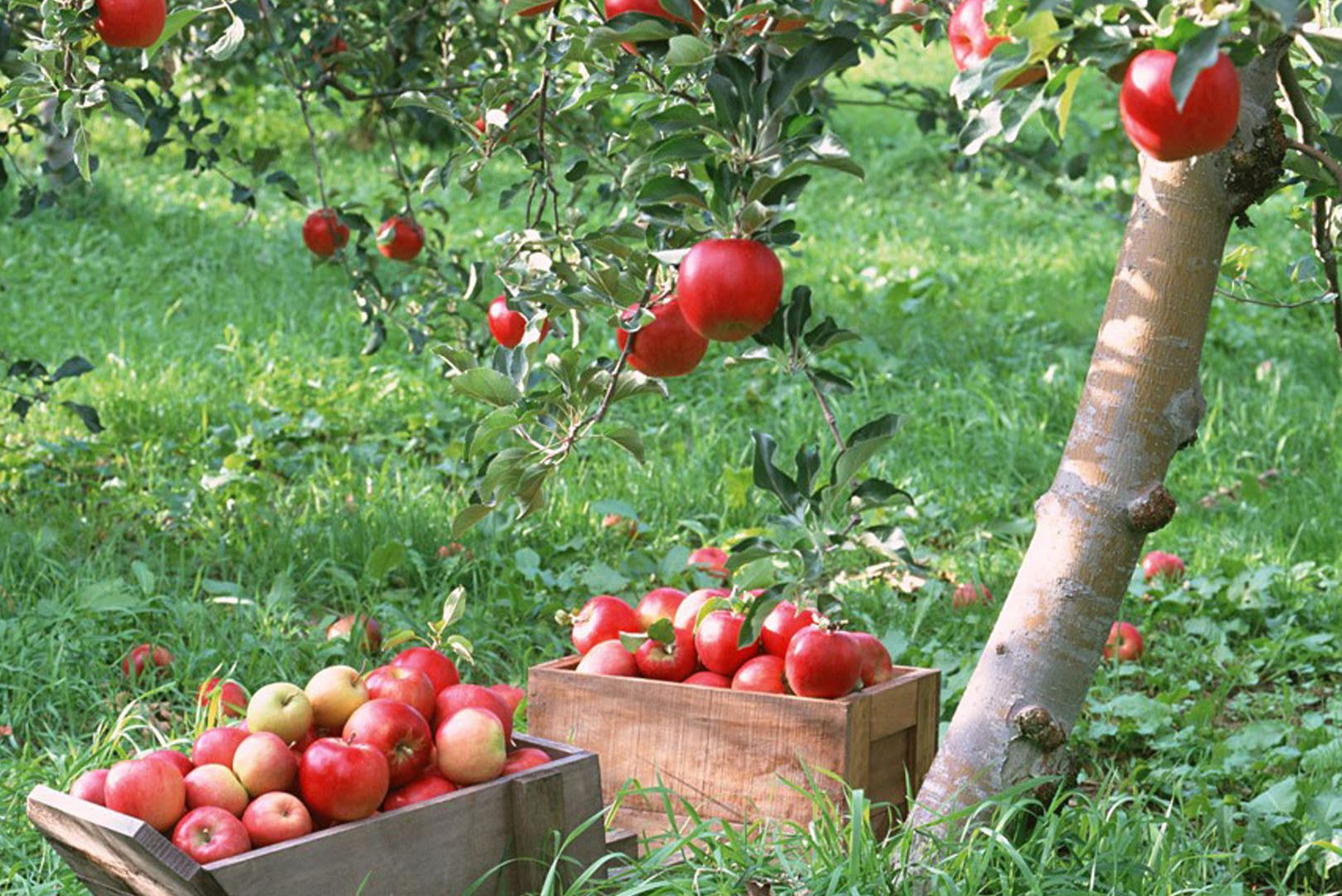Tu B’Shevat is coming this Monday, February 10th, and it marks what is often referred to as “The Jewish New Year for Trees”. In halachah, it separates one year from the next for certain Torah laws related to trees and their fruit, including orlah, terumah, and ma’aser. For example, all tree fruits that bud between the 15th of Shevat and the following 14th of Shevat count as a single year’s crop, and a farmer tithes them as a single unit. Tu B’Shevat is our annual reminder to think like a farmer by remembering the beginning of the “tax year” for fruit trees. At face value, it doesn’t sound particularly enticing.
Yet consider this: when even the most urban Jew davens from a siddur on any day of the year, he or she thinks like a farmer living in intimacy with nature! Our prayers precisely mark the endpoints of the rainy season. The siddur is replete with oceans that roar, fields of grass and grain that exult, rejoicing trees and forests, chattering, moving heavenly bodies, cloud cover and rain, snow and frost, animals and birds, streaming water, and more. Regarding all this we declare mah gadlu ma’asechah, Hashem – how great are Your creations, Hashem!
Appreciation of the natural world is also an integral part of our nation’s return to Eretz Yisrael. At this time of year in Israel, the early winter rains are mostly over, the sap in the trees has risen, the period of budding is just beginning – it is magnificent! Being rooted in our small slice of God’s earth makes us encounter the land’s physical and living features, seasons, rhythms, challenges, and opportunities.
The Torah, then, presupposes the existence of a stable and functional biosphere – the sea, land, and air in which life thrives at Earth’s surface. We depend on it to live, are inspired by its beauty and wonders, and praise Hashem extravagantly for it. Torah law depends on it – and seeks to ensure it, as well.
Yet sadly, this is not our current global reality. We are cutting down forests and jungles without replanting them. Our waste and pollution endanger the air we breathe, the water we drink, and the food we eat around the globe. Our carbon dioxide emissions heat the planet, and melt its frozen places. Storms, droughts, fires and other disasters are more frequent, more powerful, and more devastating. Species die off at historically rapid rates, while other species are displaced from their natural habitats. Clearly, many changes are required.
To restore Hashem’s beautiful Earth back to a stable, Gan Eden-like condition, we must act on all levels. International, national, and regional changes are necessary. Yet even as those political and legal efforts continue, we must act as individuals as well. In fact, scientists emphasize that
some of the most powerful actions needed to curtail the current environmental trajectory must occur one kitchen, one family, and one community at a time. Here are a few things each of us can do:
● Reduce waste output in general – and especially food waste.
● Reduce red meat consumption – and increase fruit and vegetable consumption.
● Switch to a renewable electricity supplier.
● Reduce travel miles powered by oil and gas.
● Support sustainable reforestation efforts.
Conveniently, these actions also save us money and often improve our health. We can all start somewhere, and we must. This year for Tu B’Shevat, do something that makes a difference.
Every year on Tu B’Shevat, we have the chance to think about the farmers, and to start to think like a farmer. Every day in our tefillot we can daven like a farmer, living more in concert with the natural rhythms Hashem set in motion on earth. And every day, we can act like a Torah Jew by committing ourselves to protecting the amazing gifts Hashem has blessed us with.
Rabbi Barry Kornblau is Chief Content Officer for GrowTorah, and rav of Young Israel of Hollis Hills – Windsor Park in Queens, NY.
The words of this author reflect his/her own opinions and do not necessarily represent the official position of the Orthodox Union.



